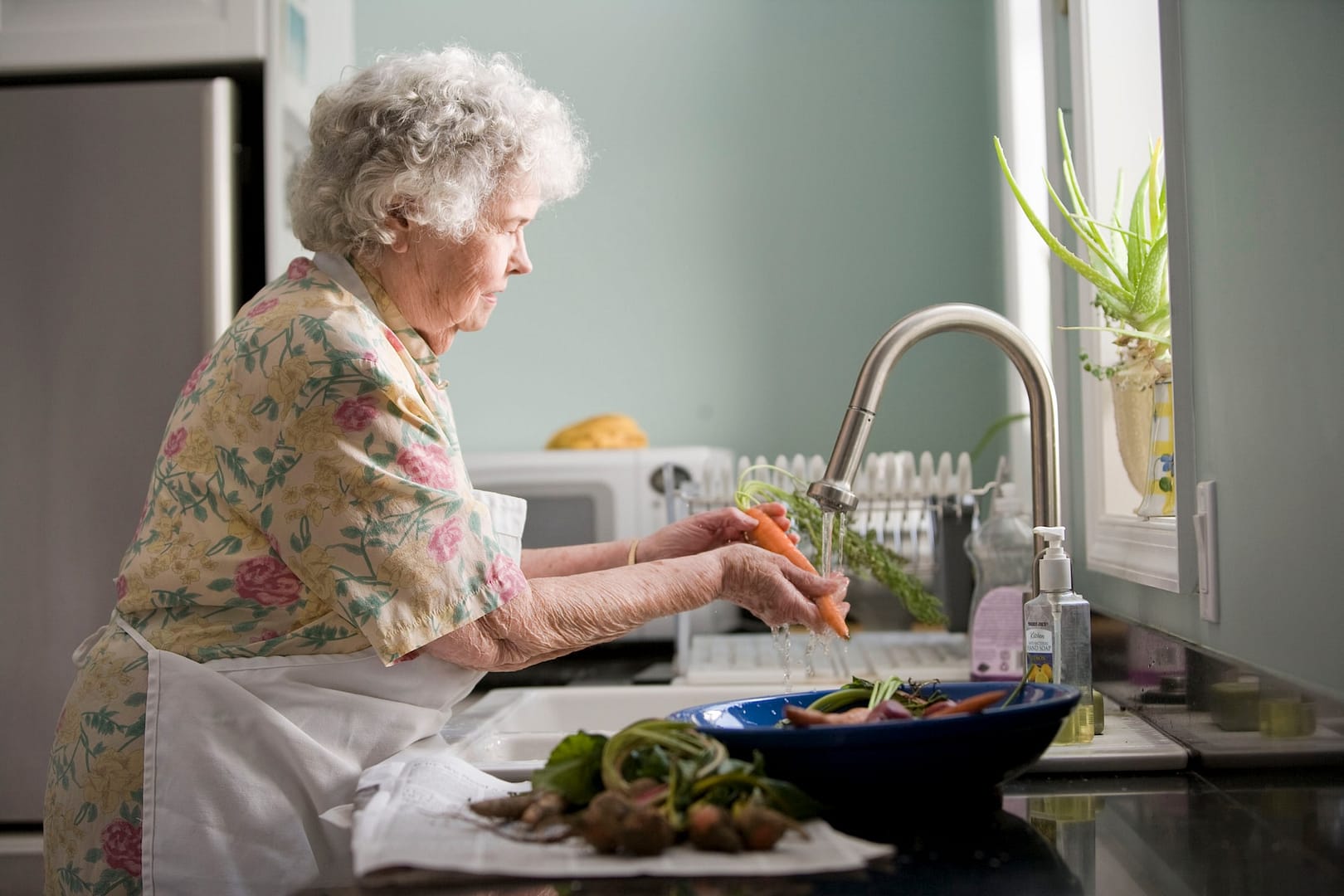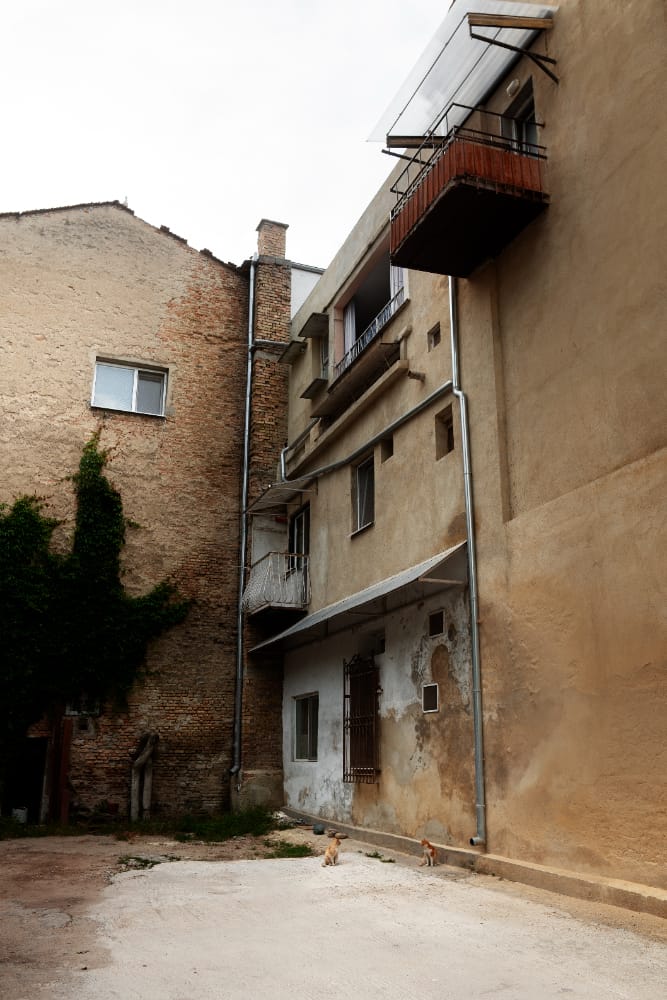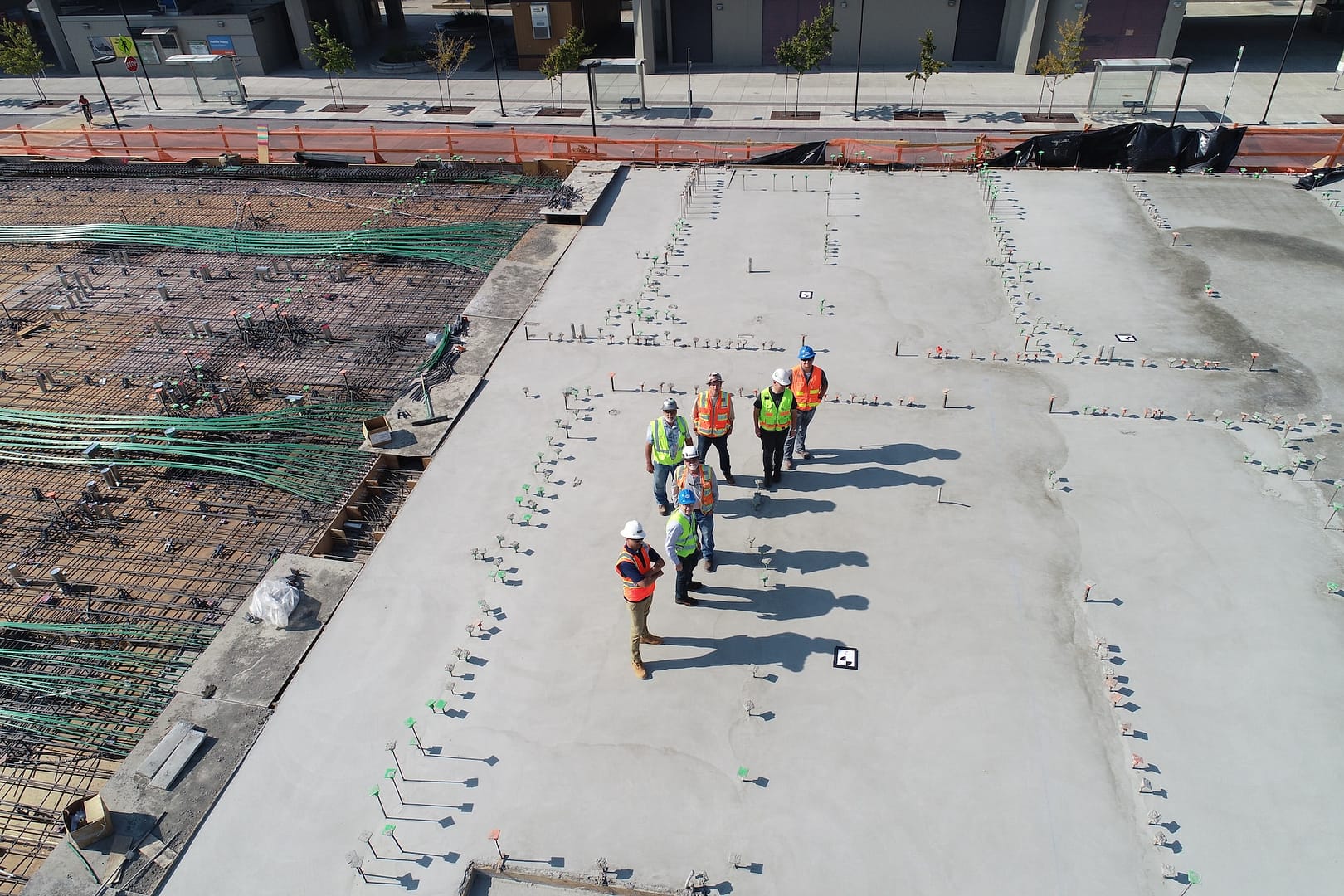The ageing population of the UK is a growing concern for the country’s policymakers. According to the Office for National Statistics, in 2019, the UK had 12.4 million people aged 65 or older, accounting for 18.4% of the total population. By 2050, this figure is expected to increase to 24.7% of the population. The ageing population is creating challenges in various areas, including healthcare, social care, and housing. In this article, we will explore the impact of the ageing population on housing disrepair in the UK.
What are the causes of the UK’s ageing population?
The ageing population in the UK is a result of several factors, including increased life expectancy and declining birth rates. Medical advancements and improved living standards have led to longer life expectancies, meaning that people are living longer than ever before. Additionally, the birth rate in the UK has been declining steadily since the 1960s. The combination of these factors has resulted in a growing population of older adults.
How does an ageing population affect the UK?
The ageing population is creating significant challenges for the UK in several areas, including healthcare, social care, and housing. One of the most significant impacts of the ageing population is on the housing market. As people age, their housing needs change. Many older adults prefer to live in homes that are smaller and easier to maintain, such as bungalows or apartments. However, there is a shortage of this type of housing in the UK, leading to a mismatch between supply and demand.
Impact of ageing population on housing disrepair
The ageing population’s impact on the housing market is not just limited to the supply and demand of housing. Older homes are also at risk of falling into disrepair, which can have a significant impact on the health and well-being of older adults. As people age, they become more susceptible to health problems, and living in a home that is in disrepair can exacerbate these issues.
One of the main reasons for the disrepair of older homes is the lack of investment in maintenance and repairs. Many older adults live in homes that they have owned for several decades, and they may not have the financial resources or physical ability to maintain the property adequately. Additionally, many landlords who rent homes to older adults may not invest in maintenance and repairs, which can lead to a deterioration of the property.
The consequences of housing disrepair for older adults can be severe. Living in a home with damp or mould can lead to respiratory problems, such as asthma and bronchitis. A poorly maintained home can also increase the risk of falls, which can be particularly dangerous for older adults. Falls are one of the leading causes of injury and hospitalization for older adults in the UK.
The impact of housing disrepair on older adults is also linked to social isolation. Older adults who live in homes that are in disrepair may be reluctant to invite friends or family to visit, leading to social isolation and loneliness. Social isolation has been linked to a range of health problems, including depression, cognitive decline, and an increased risk of mortality.
Many of these issues are basis for making a claim against your housing association. Here at National Claims we are more than happy to walk you through the claims process to make this as smooth an experience as possible.
What is poor housing and effects on the elderly?
Poor housing can have a significant impact on the health and well-being of older adults. It is essential to understand what constitutes poor housing and the effects it can have on the elderly.
Poor housing can be defined as housing that does not meet minimum health and safety standards. This can include homes that are damp, mouldy, or have poor heating or insulation. Homes that are in disrepair or have structural problems can also be considered poor housing.
The effects of poor housing on the elderly can be severe. Living in a home that is damp or mouldy can lead to respiratory problems, such as asthma and bronchitis. Poor heating or insulation can also increase the risk of cold-related illnesses, such as hypothermia.
Living in a home that is in disrepair can also increase the risk of falls, which can be particularly dangerous for older adults. Falls are one of the leading causes of injury and hospitalization for older adults in the UK. Poor housing can also impact the mental health of older adults, leading to feelings of stress, anxiety, and depression.

Conclusion
The ageing population in the UK is creating significant challenges for the country, including housing disrepair. Older adults are at risk of living in homes that are in disrepair, which can have a severe impact on their health and well-being. It is essential that policymakers address the issue of housing disrepair to ensure that older adults can age in place safely and comfortably.
Poor housing can have a significant impact on the health and well-being of older adults, leading to respiratory problems, falls, and mental health issues. It is crucial that efforts are made to improve the quality of housing for older adults in the UK. This includes investing in maintenance and repairs, providing suitable housing options, and ensuring that homes meet minimum health and safety standards.
By addressing the issue of housing disrepair for older adults, the UK can ensure that older adults can age in place safely and comfortably. This will not only improve the quality of life for older adults but also help to reduce the strain on healthcare and social care services.
Contact us now at National Claims for us to help you start your claim for your housing disrepair.
Note: You can only make a claim if you are currently living in social housing.
Click below to see why we are one of the most trusted claims management companies in the UK.





